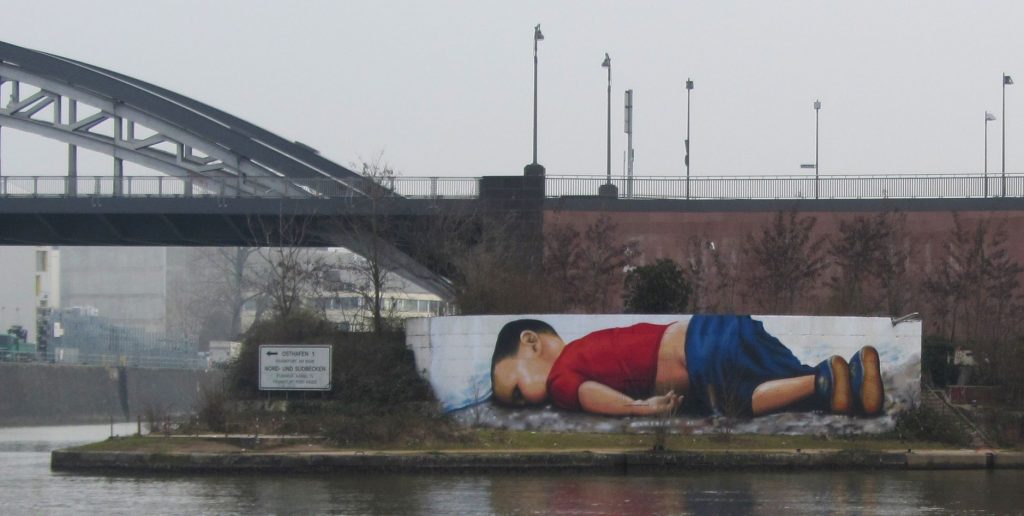Dr. Eduardo Brondizio will provide an overview of the process and some of the key findings of IPCC for biodiversity*.
Launched in May 2019 after three years of work by over 400 experts from 50+ countries, the Global Assessment is the most comprehensive analysis of the global environment to date, looking past 50 years and scenarios going forward. It covers terrestrial, freshwater, and marine systems, it evaluates international agreements on sustainable development and biodiversity, and several multilateral conventions; it looks at interactions between climate change and other drivers of change, and their implications for society; it’s the first assessment to systematically consider the contributions of indigenous and local knowledge and issues relevant to Indigenous peoples and local communities; and, it assess options and approaches going forward.
(* the Global Assessment on Biodiversity and Ecosystem Services of the UN Intergovernamental Science-Policy Platform on Biodiversity and Ecosystem Services IPBES)
The Dark Sides of Empathy
Wednesday, July 17th, 7pm at Hopscotch
Professor Fritz Breithaupt, director of the Experimental Humanities Lab will discuss his work on empathy.
What can trigger empathy and what can block empathy? Empathy is often considered the basis of moral action, but plays a central part in a variety of highly problematic behaviors. The ability to empathize with other people proves to be a prerequisite for deliberate acts of humiliation and cruelty. Even well-meaning compassion has many unintended consequences.
This talk will discuss a range of phenomena, including vampirism (helicopter parents wishing to relive a better youth), empathic sadism, humanitarianism (in which people identify with helper-heroes to feel good about themselves at the costs of holding others in the victim role, but mistake this for empathy), and dynamics of polarization (empathetic side-taking that leads to aggression), all concepts and ideas from the recent book, The Dark Sides of Empathy.

Several things to note:
1) We’re starting at 7pm
2) We’re on the 3rd Wednesday
3) We’re at Hopscotch on Morton & Dodds
4) Hopscotch doesn’t have much food, which is why we’re beginning at 7pm (They do have great coffee, tea, beer, and pastries all the time.)
Wednesday, June 19th: The Pharmacology of Capital Punishment
Regardless of one’s position on capital punishment, nearly all people agree that the method should be humane. This was the rationale for the embrace of lethal injection in the 1980s but has proven problematic, with ‘botch’ rates now much higher than for other methods. Much of this comes down to the pharmacology of the drugs used and problems with their administration.
Dr. Alex Straiker will talk about the history and pharmacology of lethal injections in the US.
Four things are different from our usual meetings:
1) We’re starting at 7pm
2) We’re at Hopscotch on Morton & Dodds
3) Hopscotch doesn’t traditionally have food, though they’re working on that and we’ll update this event as more information becomes available They do have coffee, tea, beer, and pastries all the time.
4) We’re on the 3rd, rather than 4th Wednesday, so as not to conflict with Green Drinks
